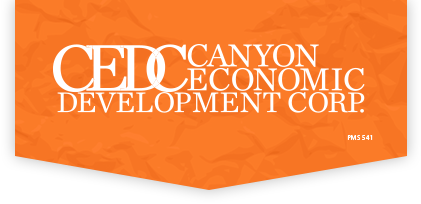4B Tax
The tax provides cities with a wider range of uses for the tax revenues because it is intended to give communities an opportunity to undertake a project for quality of life improvements, including economic development that will attract and retain primary employers. Before spending 4B sales tax revenue, a corporation is required to hold at least one public hearing on the proposed project that will be funded by this tax.
Cities may use money raised by this sales tax for a wide variety of projects including land, buildings, equipment, facilities expenditures and improvements related to projects defined in Section 2 of the Act (same uses as authorized for 4A) or found by the board of directors to be required or suitable for use for:
- professional and amateur sports (including children’s sports) and athletic facilities; tourism and entertainment facilities; convention and public park purposes and events, (including stadiums, ballparks, auditoriums, amphitheaters, concert halls, parks and open space improvements, museums, exhibition facilities);
- related store, restaurant, concession, parking and transportation facilities;
- related street, water and sewer facilities; and
- affordable housing.
To promote and develop new and expanded business enterprises that create or retain primary jobs, a city may provide:
- public safety facilities;
- recycling facilities;
- streets and roads;
- drainage and related improvements;
- demolition of existing structures;
- general municipally owned improvements;
- maintenance and operating costs associated with projects; and
- any other project that the board determines will contribute to the promotion or development of new or expanded business enterprises that create or retain primary jobs.
Section 4B corporations created by cities with a population of 20,000 or less and those classified as “landlocked” communities may use sales tax proceeds to fund projects that promote new or expanded business development, without the project having to create or retain primary jobs. Landlocked communities are defined as a city that is wholly or partly located in either Harris or Dallas counties and has within its city limits and extraterritorial jurisdiction less than 100 acres that can be used for the development of manufacturing or industrial facilities in accordance with the zoning laws or land use restrictions of the city.
If a project of this nature would require an expenditure of more than $10,000, the governing body of the city creating the corporation would have to adopt a resolution authorizing the project after giving the resolution at least two separate readings. However, this additional approval step does not apply to a landlocked community.
Sewer utilities and site improvements and beach remediation along the Gulf of Mexico are also allowable infrastructure that all development corporations may fund to promote new or expanded business development.
4B corporations may, following a separate election to gain voter approval, spend 4B sales tax for a water supply, water conservation program or to clean up contaminated property.


